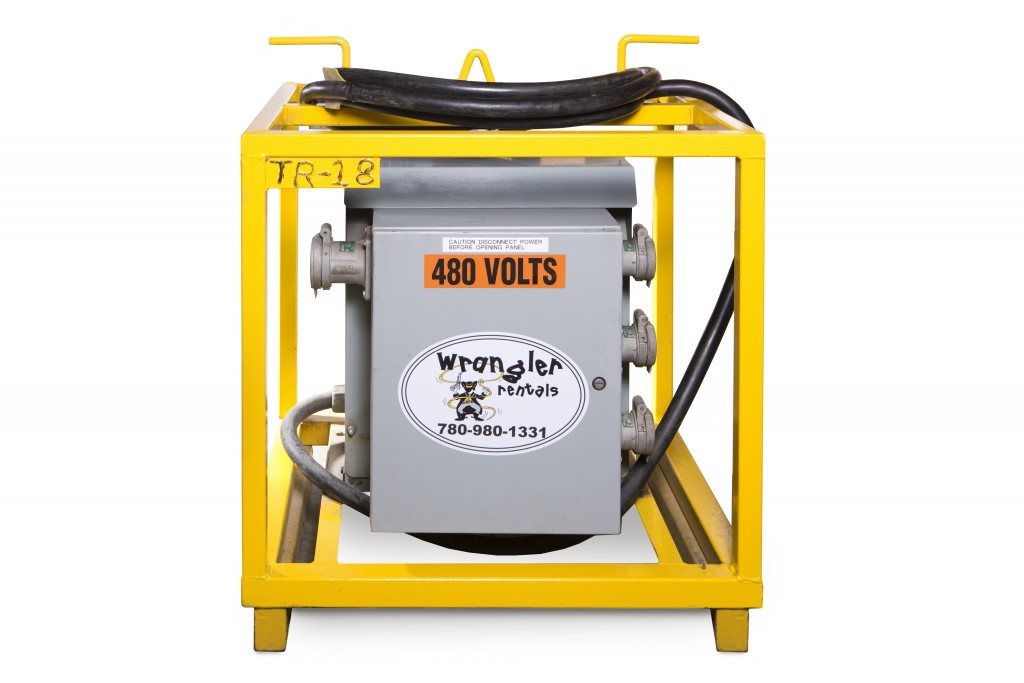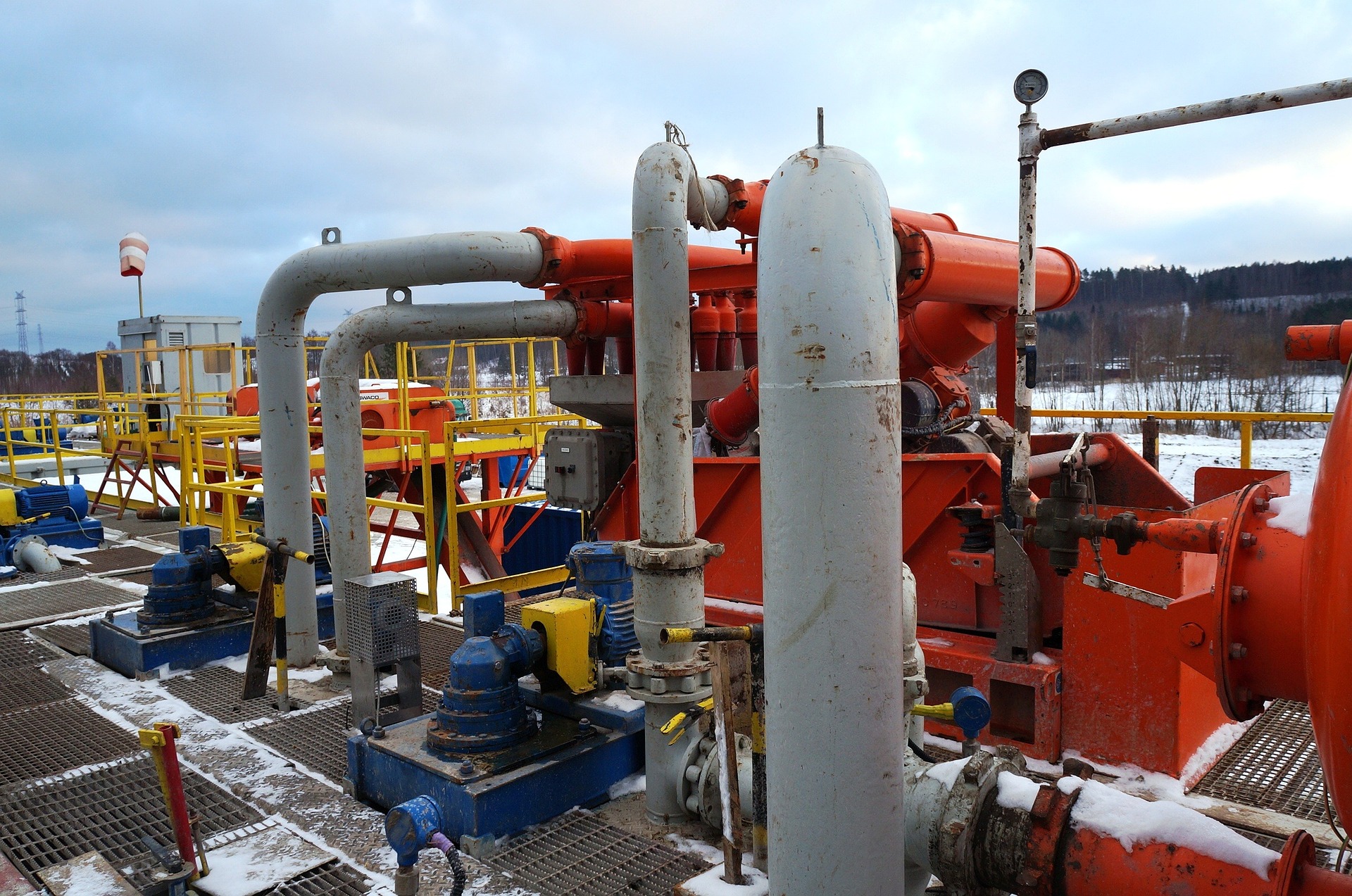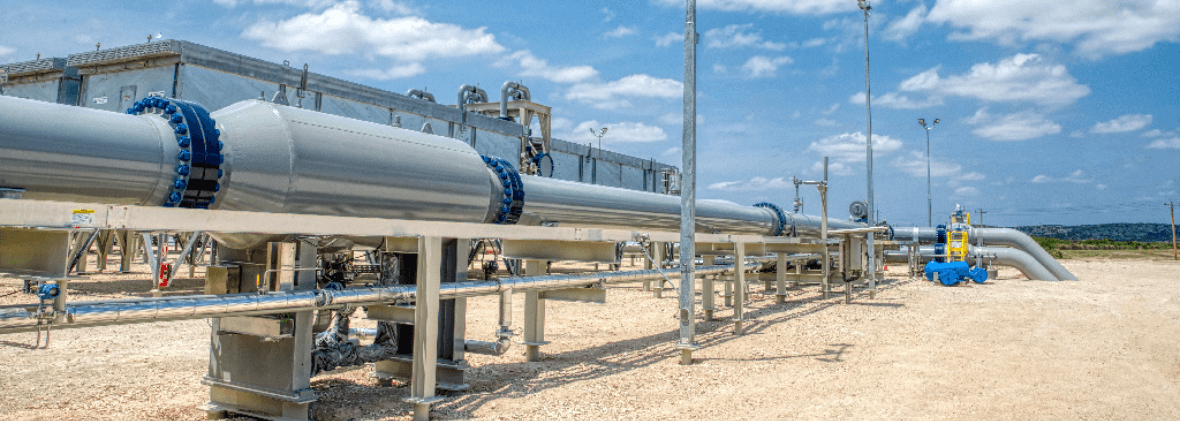Superior Rentals reviews: are they worth it?
Wiki Article
A Comprehensive Overview to the Various Sorts Of Oil Field Equipment and Pipeline Equipment Available
The oil and gas sector counts greatly on customized equipment for efficient removal and transportation. Different sorts of machinery, from drilling rigs to tank, play important functions in this complex procedure. Each piece of devices serves distinctive functions that add to general functional success. Comprehending these components is necessary for any person associated with the industry. As the industry develops, so as well do the modern technologies that support it. What improvements are on the horizon?
Drilling Rigs: The Foundation of Oil Exploration
Drilling rigs function as the important machinery in the domain of oil expedition, allowing companies to gain access to hydrocarbon reserves hidden deep below the Planet's surface area. These rigs can be found in different kinds, consisting of land rigs, offshore rigs, and mobile systems, each made to operate in particular settings. Equipped with sophisticated modern technology, drilling rigs can permeate geological formations with precision, ensuring efficient source removal. The structural honesty and operational capabilities of these rigs are crucial, as they have to withstand extreme problems and substantial stress. The option of a boring rig affects the general project cost and timeline, making it an essential consideration for oil companies seeking to enhance their expedition initiatives and make the most of productivity in their operations.Pumps: Important for Liquid Activity
In the oil removal procedure, the function of pumps is substantial, facilitating the movement of fluids throughout various stages of manufacturing. Pumps are crucial for transporting petroleum, water, and various other fluids from underground reservoirs to the surface and after that with pipelines to refineries. They come in various types, including centrifugal, favorable variation, and completely submersible pumps, each offering certain functions based upon the liquid features and functional demands. Centrifugal pumps are typically used for their efficiency in high-flow applications, while favorable variation pumps master taking care of thick fluids. The selection of pump effects general effectiveness, operational safety and security, and maintenance prices. Proper selection and upkeep of pumps are crucial for enhancing production and reducing downtime in oil area procedures.Shutoffs: Controlling Flow and Pressure

Valves play a vital function in handling the circulation and pressure of liquids within oil areas and pipes. Various kinds of valves serve distinct applications, each made to meet specific functions essential for effective operation - Superior Oilfield Rentals Texas. Comprehending the features and uses of these shutoffs is essential for maximizing system efficiency and safety
Kinds of Valves
Important components in oil area procedures, shutoffs play an essential duty in regulating the circulation and stress of fluids within pipelines and tools. Different kinds of valves are used to meet the diverse requirements of oil and gas manufacturing. Typical types consist of entrance valves, which offer a straight-line flow and very little pressure drop; world shutoffs, known for their strangling capacities; and sphere shutoffs, identified for their quick on/off control. Additionally, check shutoffs stop backflow, while butterfly shutoffs provide a lightweight remedy for controling flow. Each shutoff type is designed with particular materials and setups to hold up against the harsh problems often located in oil areas, making certain dependability and effectiveness in operations. Recognizing these kinds is essential for reliable system administration.Valve Applications and Functions
While various kinds of valves offer unique purposes, their primary applications revolve around controlling circulation and stress within oil and gas systems. Shutoffs such as gate, world, and sphere valves manage fluid movement, ensuring peak performance and security. Gateway valves are typically made use of for on/off control, supplying minimal flow resistance. World valves, on the various other hand, deal exact circulation policy, making them ideal for strangling applications. Sphere shutoffs are favored for their quick procedure and tight sealing capacities. In addition, stress relief shutoffs are vital for avoiding system overpressure, guarding equipment honesty. In general, the ideal selection and application of valves enhance operational performance, ensuring the reputable transport of oil and gas with pipes and handling centers.Compressors: Enhancing Gas Transportation
Compressors play an essential function in the effective transportation of natural gas, ensuring that it moves efficiently with pipes over fars away. These devices enhance the pressure of gas, permitting it to get over friction and elevation changes within the pipeline system. In addition, compressors assist in the harmonizing of supply and demand, suiting variations in consumption and manufacturing rates. Numerous kinds of compressors are utilized in the market, including centrifugal, reciprocating, and rotating screw compressors, each offering unique advantages based upon the operational requirements. Routine upkeep of these compressors is necessary to make best use of effectiveness and reduce downtime, ultimately contributing to a dependable gas transportation network. Their important function emphasizes the relevance of compressors in the total oil and gas framework.Storage Tanks: Safe and Reliable Fluid Administration
Reliable transport of all-natural gas depends on numerous sustaining systems, one of which is the appropriate monitoring of tank. These tanks play an important role in securely including liquids, making sure that operational effectiveness is maintained while reducing ecological dangers. Constructed from durable products, they are created to stand up to high pressures and corrosive components. Appropriately sized and tactically located, tank assist in the smooth flow of gas and various other fluids, preventing traffic jams in supply chains. Routine maintenance and surveillance are critical to identify leaks or architectural issues, advertising safety and security and compliance with regulative criteria. Ultimately, the efficient monitoring of storage space containers is crucial for the general integrity and integrity of the oil and gas industry's fluid handling systems.
Pipeline Equipments: Facilities for Transportation
Pipeline systems offer as the backbone of the oil and gas industry, helping with the reliable transport of hydrocarbons over huge distances. These systems include numerous elements, consisting of pipelines, valves, pumps, and compressors, all diligently created to guarantee seamless circulation. The materials utilized in pipeline building and construction, typically steel or high-density polyethylene, are selected for resilience and resistance to deterioration. Pipeline networks can span across land and water, connecting production sites to refineries and warehouse. In addition, advanced innovation makes it possible for real-time monitoring of circulation rates and stress levels, improving functional performance. The strategic positioning of these pipes minimizes environmental impact while making best use of resource ease of access, therefore playing an essential duty in meeting energy demands around the world.Safety And Security Equipment: Ensuring Employee and Environmental Management
The procedure of pipeline systems, while essential for power transportation, also presents substantial safety challenges for workers and the atmosphere. Security tools plays a considerable function in alleviating these dangers. Individual protective tools (PPE) such as safety helmets, gloves, and non-slip shoes safeguards employees from physical dangers. Additionally, gas discovery systems check for leaks, guaranteeing that hazardous materials do not present a risk to employees or the bordering ecosystem. Emergency closure systems are necessary for quickly halting operations throughout a crisis, stopping possible calamities. Spill containment products, including absorbents and obstacles, are essential for lessening ecological influence. On the whole, purchasing all-inclusive safety and security equipment is critical for maintaining functional honesty and securing both employees and the environment in the oil and gas industry.
Often Asked Concerns
Exactly how Do I Select the Right Oil Field Equipment for My Task?
Choosing the best oil field devices involves reviewing job specifications, budget plan constraints, and operational requirements. Take into consideration elements such as tools dependability, compatibility with existing systems, and the distributor's online reputation to ensure peak performance and safety.What Are the Maintenance Requirements for Oil Field Equipment?
Upkeep demands for oil field devices include normal inspections, lubrication, and timely repair services. Operators ought to also abide by maker guidelines, screen efficiency metrics, and warranty compliance with safety regulations to boost durability and efficiency.
Just How Can I Make Sure Compliance With Environmental Laws?
To ensure conformity with ecological laws, firms have to carry out routine audits, apply best practices, purchase training, maintain proper documentation, and stay updated on legislation (Superior Rentals reviews). Cooperation with ecological firms can additionally boost adherence to policiesWhat Is the Ordinary Lifespan of Pipeline Equipment?
The ordinary life expectancy of pipeline equipment commonly varies from 20 to 50 years, depending on factors such as material quality, environmental problems, and maintenance methods. Routine assessments can substantially influence longevity and functional efficiency.Exactly how Do I Securely Transfer Oil Field Equipment to Remote Locations?
Moving oil area devices to remote locations read more calls for cautious preparation, consisting of path evaluation, protecting licenses, using proper cars, and making sure security procedures are adhered to. Proper training and communication among crews are essential for successful transportation.Report this wiki page